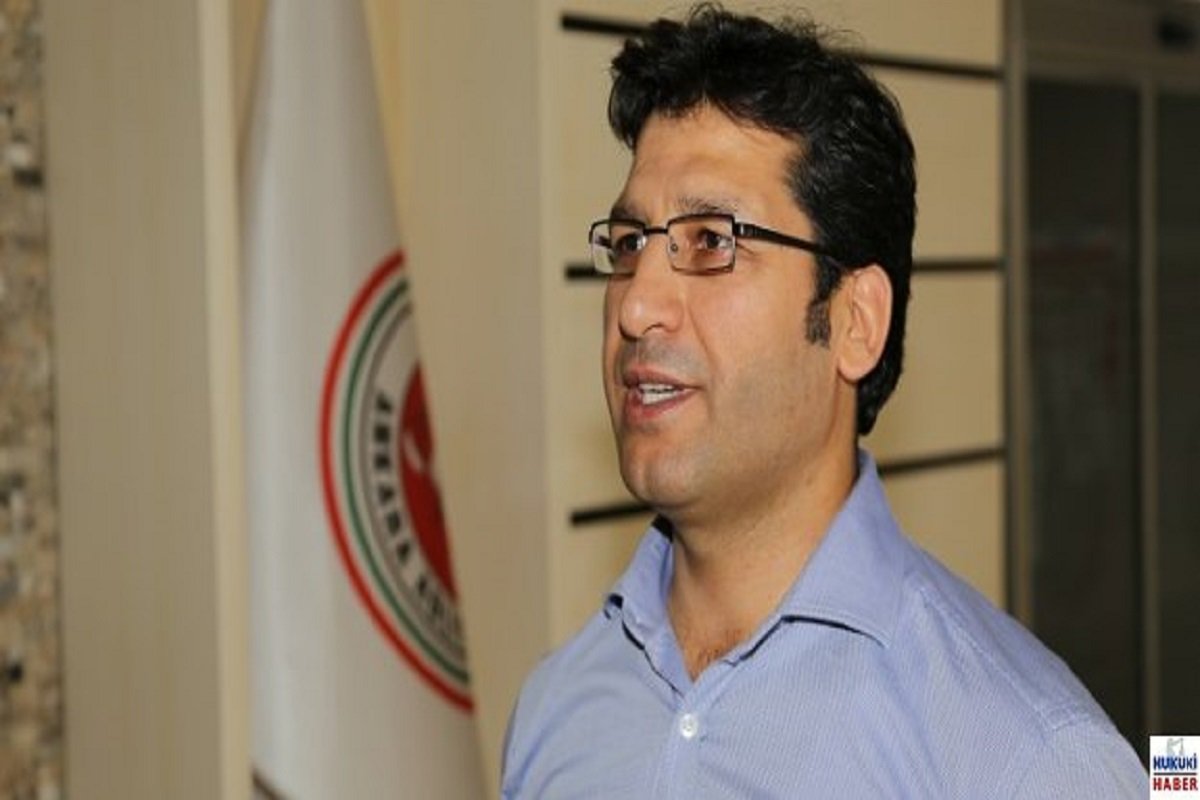Ayşegül Karaturgut, the wife of inmate Abdülaziz Örpek, who suffers from thyroid cancer, said on Twitter that her husband is dying slowly in prison and pleaded with authorities to release him immediately.
Karaturgut said her husband does not have access to proper healthcare and is not receiving treatment for the cancer in prison. He has not been allowed to see doctor for three weeks, according to his wife.
Eşim Abdülaziz örpek Diyarbakır T tipi kapalı ceza evinde eşim ölüyo lütfe yardım edin 😭😭😭😭 pic.twitter.com/oUWhFcOXO4
— DİLA ÖRPEK (@AyeglKaraturgu1) August 18, 2021
Örpek was arrested in December 2019. Ayşegül Karaturgut previously said he was scheduled for surgery in February, but it was cancelled after his arrest. “He had routine doctor appointments every three months, but these were also cancelled,” she said. “The doctor said unless my husband had surgery, there was a great risk the cancer would spread.”
She said she was also diagnosed with cancer five years ago, “I am suffering from ovarian cancer at home, and he is suffering from cancer in prison. We have an 8-year-old daughter. They could at least release him into house arrest.”
Örpek was working for Turkey’s Housing Development Administration (TOKİ) in the southeastern province of Van, where he was arrested for smuggling drugs and sentenced to 17 years, six months in prison.
Human rights defender and Peoples’ Democratic Party (HDP) deputy Ömer Faruk Gergerlioğlu said ill prisoners were not released until they were at the point of no return. He claimed that prisoners did not have access to proper healthcare facilities such as hospitals or infirmaries.
According to the most recent statistics published by the Human Rights Association (İHD), the number of sick prisoners is in the thousands, more than 600 of whom are critically ill. Although most of the seriously ill patients have medical reports deeming them unfit to remain in prison, they are not released. Authorities refuse to free them on the grounds that they pose a potential danger to society.
A number of critically ill prisoners passed away in 2020 because they were not released in time to receive needed medical treatment.
















